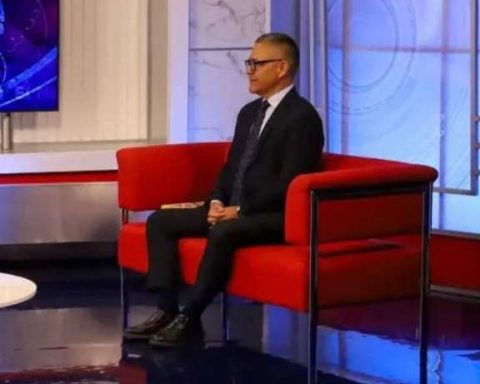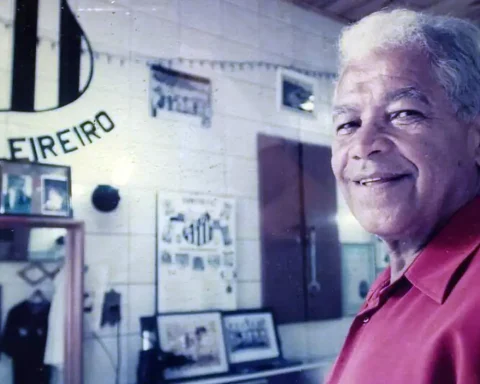High school students have not developed thinking skills, SEP admits
Laura Poy Solano
The newspaper La Jornada
Friday, July 19, 2024, p. 7
In the review of the Common Curricular Framework for Upper Secondary Education (MCCEMS), the Ministry of Public Education (SEP) recognizes the need to apply a new approach to teaching the humanities, since It is evident that the goal of developing thinking skills that impact the personal and collective lives of students has not been achieved.
He added that there are more than 5.3 million adolescents in high school in all subsystems.
In the document Learning progressions in the humanities knowledge areawhich establishes the reconceptualization of these disciplines, indicates that the humanities have been taught in Mexican higher secondary education through problems that are not contextualized or not located in the socioeconomic or socio-affective reality of the students
.
For this reason, in the redesign of the MCCEMS, which is based on the approach of the New Mexican School, the comprehensive training of students is proposed, as well as the generation of reflective, autonomous citizens with critical awareness of their environment
.
Emphasizes that it is sought to put into action humanities that are situated and relevant for teaching at the upper secondary level in Mexico
in addition to modifying and improving classroom practices through philosophical learning experiences close to the students.
The SEP points out that it intends to create a community of inquiry, with problem-based learning, playful strategies, use of technological and digital tools and case methods, among others. It also seeks make sense of it
to the practice of teaching humanities for teachers and students.
However, among the criticisms expressed by the community of teachers and researchers in disciplines such as philosophy, logic, aesthetics and ethics to the curricular proposal for high school, there are various problems in the integration of content and study methodologies.
They emphasize that in the development of the new curriculum project, completely lacks the relevant distinction between didactics and pedagogy
so they consider that The teacher is left with the entire weight of responsibility for implementing the constructivist pedagogical model, without there being a teaching guide to help the teacher carry out this task.
.
Added to this, they add in an analysis document delivered to the SEP, is the lack of sufficient teachers to meet the needs of the new curricular proposal, since most of the active They are not professionals in philosophy or humanities
. Nor, they claim, are the updating needs met to face the didactic-pedagogical challenges imposed by the MCCEMS.
















